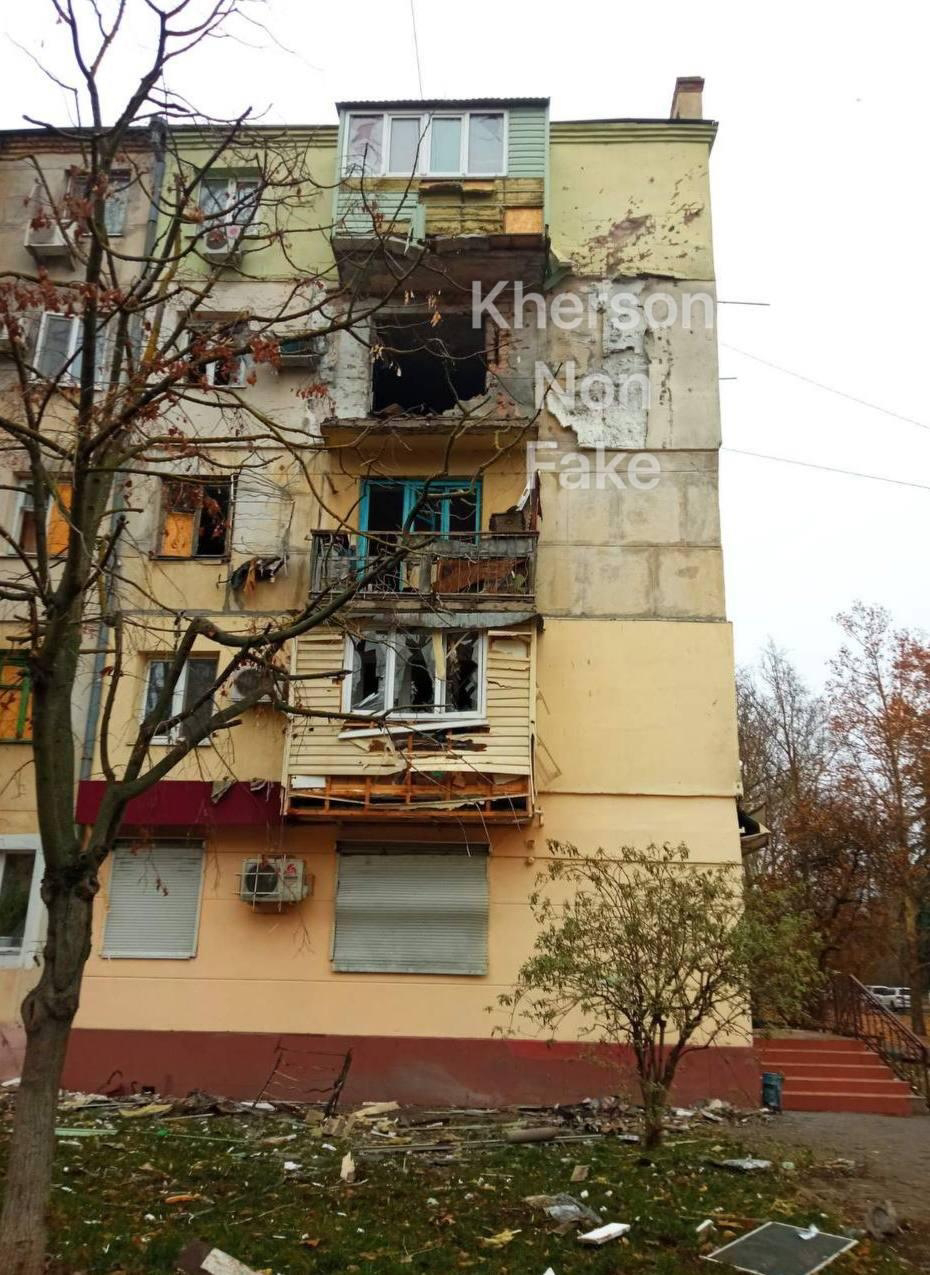Parks
We're getting to know the system and the routines in this new (to us) refugee centre. Just like in the railway station square, there is a donated clothes area - much larger and even longer queues - which seems to be used by refugees from all over the city. There is a World Central Kitchen food tent on a smaller scale, run by a refugee from the war in Bosnia who ended up in Spain. He runs it incredibly efficiently, with hardly any volunteers, and has recently introduced fresh (frozen) braised vegetables to the daily menu of sausages and potatoes. The weather has become very warm - up to 25 degrees today - and the food tent 'kitchen' was even warmer, even with the tent flaps wide open.
Refugees are directed to this centre from the main railway station. Every now and then a new family arrives, dragging a suitcase or two behind them, quite often a cat or dog in a box or rucksack.
Polina, our translator, rejoined us, having been ill for a few days, and we resumed our routine of hanging around, mingling with people and answering questions - today, college/university education seemed to be the the theme.
I had a conversation with Polina about how much we like Krakow, especially all the parks and green spaces. She told me that her home city of Kharkiv also has (had) lots of parks but the city authorities were very officious regarding treading on the grass, having picnics on it, etc. They said that it was special grass and shouldn't be walked on! She hopes that when the war is over and the city rebuilt, people will be free to sit on the grass and have their picnics. It doesn't seem like too much to hope for.




Comments
Post a Comment